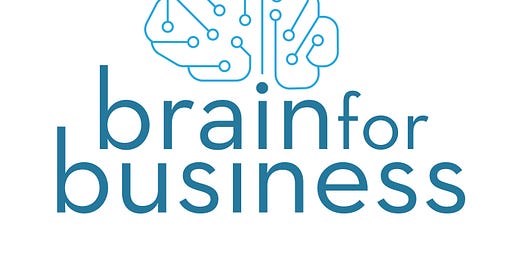Over the last number of years, the internet has facilitated much greater connectivity and interaction between people – both on a personal and professional level. Intuitively we might expect that this would lead to an upsurge in innovation as people are exposed to new ideas and can easily collaborate with many more people. And, indeed, this would very much with the recombinant theory of innovation. Yet is that really the case?
To explore this further I am delighted to be joined by Professor Lingfei Wu of the University of Pittsburgh.
Lingfei Wu is Assistant Professor of Information Science at the University of Pittsburgh. His research leverages big data, complexity sciences, and AI to understand how science and technology can advance through collaborative teamwork, known as the Science of Team Science and Innovation.
His research has been published in prestigious academic journals like Nature and Proceedings of the National Academy of Science and featured in renowned media outlets. Lingfei Wu also advises organizations like Novo Nordisk Fonden and John Templeton Foundation on the use of data science to evaluate teamwork in science. He has received multiple awards for his research and teaching, including the NSF Career Award, Richard King Mellon Award, and Oxford Martin School Fellowship.
Lingfei’s personal site is accessible here: http://lingfeiwu.github.io/
The paper discussed in the interview is available here: https://arxiv.org/ftp/arxiv/papers/2206/2206.01878.pdf






Share this post